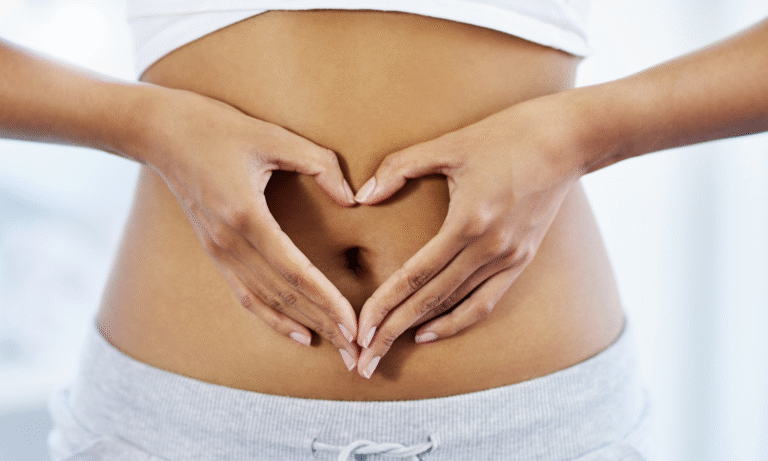Did you know your gut has its own nervous system, often called the “second brain”? This intricate network of neurons helps digest your food and communicates directly with your brain, influencing your mood, thoughts, and even behavior. Welcome to the fascinating world of the gut-brain connection, where what you eat can significantly impact how you feel.
The Gut-Brain Axis: A Two-Way Street
The gut-brain axis is a complex communication system that links your gastrointestinal tract to your central nervous system. At its core is the vagus nerve, which acts like a superhighway, carrying signals back and forth between your gut and brain, but it’s not just about nerves—your gut also produces key neurotransmitters like serotonin, which regulates mood. Surprisingly, about 90% of your body’s serotonin is in the gut, not the brain!
Your Microbiome: The Unsung Hero
Central to this connection is your microbiome—the trillions of bacteria living in your intestines. These tiny organisms do more than aid digestion; they produce chemicals that can influence brain function. A healthy, balanced microbiome can promote mental well-being, while an imbalance—often triggered by poor diet, stress, or antibiotics—may contribute to issues like anxiety and depression.
Food as Medicine: How Diet Shapes Your Mind
What you eat directly affects your gut health, and in turn, your mental health. Here’s how:
- Probiotics: Foods like yogurt, kefir, and sauerkraut introduce beneficial bacteria to your gut, supporting a balanced microbiome.
- Prebiotics: Found in bananas, garlic, and onions, feed the good bacteria, helping them thrive.
- Fiber: Whole grains, fruits, and vegetables promote digestion and reduce inflammation, benefiting both gut and brain.
On the flip side, a diet heavy in processed foods, sugar, and unhealthy fats can disrupt your gut flora, potentially leading to mood swings, fatigue, and even more serious mental health challenges. Balance is key—prioritize whole, nutrient-dense foods while reducing your intake of those that harm your gut.
Take Charge: Practical Tips for a Happier Gut and Mind
Ready to harness the power of the gut-brain connection? Try these simple steps:
- Add Fermented Foods: Include a serving of yogurt, kefir, or kimchi in your daily meals.
- Eat a Rainbow: Aim for a variety of colorful fruits and vegetables to boost nutrient and fiber intake.
- Stay Hydrated: Drink plenty of water to support digestion and gut function.
- Cut the Junk: Reduce sugary snacks, fast food, and refined carbs.
- Consider Prebiotic Supplements: While whole foods like bananas and garlic are excellent sources of prebiotics, supplements can be a convenient way to ensure you’re feeding your good bacteria, especially if you’re on the go or have dietary restrictions. Look for high-quality prebiotic supplements from trusted brands, which can easily fit into your daily routine and support a thriving gut microbiome.
A Happier You Starts in Your Gut
Taking care of your gut isn’t just about physical health—it’s a powerful way to support your mental well-being. By making mindful choices about what you eat, you can nourish your body and mind, paving the way for a happier, healthier you. So, why not start today? Your “second brain” will thank you!


